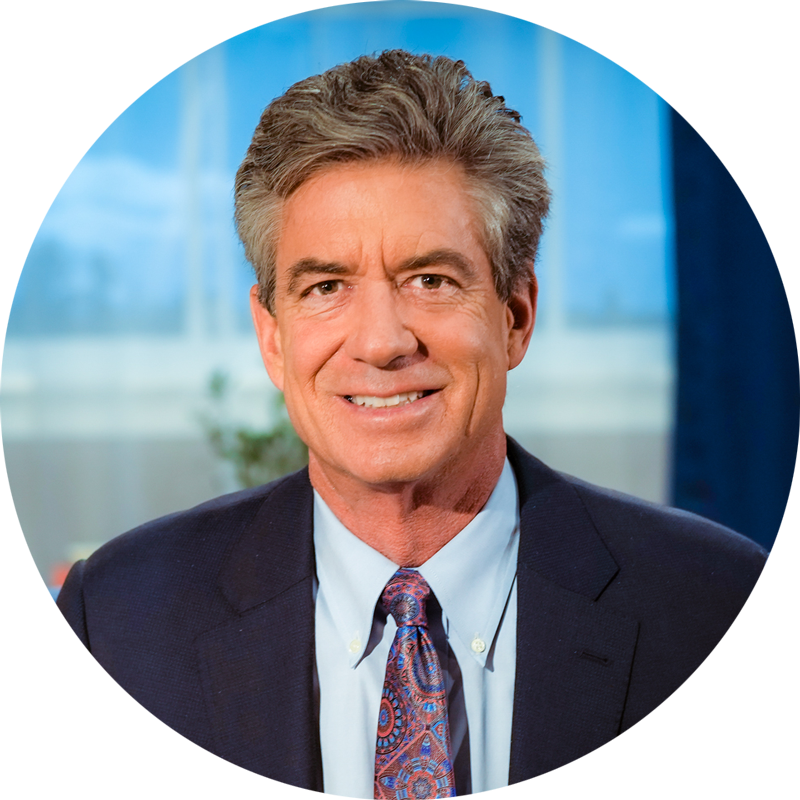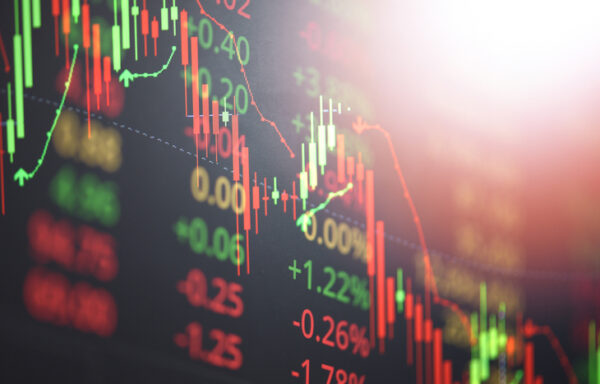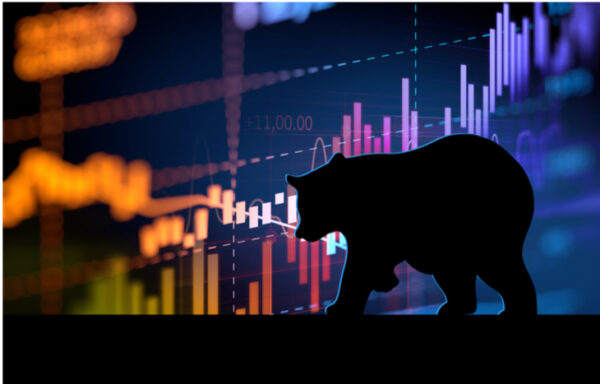The Market Tanked Yesterday… but It Should Have Soared
- Even though the Federal Reserve made a widely anticipated rate cut yesterday, the Dow tanked on the news.
- Today, Alexander Green explains why investors should be celebrating.
The Market Tanked Yesterday… but It Should Have Soared
In perhaps the most widely anticipated rate cut in U.S. history, the Federal Reserve reduced its benchmark rate a quarter point yesterday to just below 2.25%.
The futures market had been pricing in a 100% chance of this for weeks now. Yet this was something unusual, a preemptive action.
The central bank wanted to bolster the economy amid trade friction with China and economic weakness in Europe and elsewhere.
So why did the Dow plunge on the news, ending the session 334 points lower?
Was this a matter of investors selling the news – the rate cut – after weeks of buying the rumor? No, this was market participants – along with President Trump – wanting the promise of still more near-term rate cuts.
But Fed Chairman Jerome Powell held the line, announcing, “Let me be clear. What I said was, it’s not the beginning of a long series of rate cuts.”
Hooray for Powell.
The U.S. economy is doing fine. We have steady growth and low inflation. The dollar is steady. Unemployment is near a half-century low. Wages are up. Household income is up. Corporate profits are up.
I met with Kevin O’Leary – of Shark Tank fame – at his suite at the Paris Hotel in Las Vegas a few days ago. He told me he owns all or part of dozens of businesses in all 50 states.
His assessment? This is the strongest economy in his lifetime. President Trump – no unbiased bystander – regularly tweets the same thing: Best economy ever!
So could someone please explain why the best economy ever needs still more rate cuts – on top of $800 billion of deficit spending?
It doesn’t.
It’s not hard to understand why Trump wants a more accommodative Fed. Lower interest rates are rocket fuel for the economy. And a blazing economy is his best bet for reelection.
But the dual mandate of the Federal Reserve is stable prices and maximum sustainable employment. We have both. That has been good for the economy. Good for employment. And good for the stock market.
Over the last few years, the Fed raised interest rates nine times in an attempt to normalize rates.
Why? Because in the next recession – and make no mistake, there will be one – consumers and businesses will want the traditional policy response: lower rates and increase federal spending.
Every time the Fed cuts rates, it takes another arrow out of its quiver. What are we going to do in the next economic downturn or, worse, financial panic?
Go to negative rates like Europe and Japan? Or add still more trillions to our projected trillion-dollar annual deficits – and our $22 trillion national debt?
Modern monetary theory – the idea that debt and deficits don’t matter for nations that borrow money in their own currency and can print more to pay it back – is nonsense.
No country in the history of the world ever borrowed its way to prosperity, though some have tried. They are abject lessons in the need for monetary and fiscal responsibility.
And there are serious ramifications here for investors. We are in a new era of “administrative markets,” where stock returns are affected as much by government policies as they are by economic growth and corporate profits.
That is not a good thing.
In the last decade, we’ve seen bailouts, fiscal stimulus, zero (and negative) interest rates, quantitative easing and punitive trade wars. This distorts markets… and holds back economic growth.
Don’t get me wrong. Markets need regulations and oversight the way a basketball game needs referees. But if the refs can’t stop blowing the whistle, changing the rules and interfering with the game, it won’t be enjoyable to watch… or to play.
Government is most effective when it gets out of the way and interferes with markets as little as possible.
Just as too many laws and regulations can stifle innovation, business formation and economic growth, so too can heavy-handed stimulus undermine markets – by making them dependent on government action and depriving us of the tools we’ll need to fight future downturns.
Trump is right. The U.S. economy is quite good. That’s exactly why it doesn’t need to be artificially goosed.
Investors should applaud Powell’s decision, not grouse about it.
[adzerk-get-ad zone="245143" size="4"]About Alexander Green
Alexander Green is the Chief Investment Strategist of The Oxford Club, the world’s largest financial fellowship. For 16 years, Alex worked as an investment advisor, research analyst and portfolio manager on Wall Street. After developing his extensive knowledge and achieving financial independence, he retired at the age of 43.
Since then, he has been living “the second half of his life.” He runs The Oxford Communiqué, one of the most highly regarded publications in the industry. He also operates three fast-paced trading services: The Momentum Alert, The Insider Alert and Oxford Microcap Trader. In addition, he writes for Liberty Through Wealth, a free daily e-letter focused on financial freedom.
Alex is also the author of four New York Times bestselling books: The Gone Fishin’ Portfolio: Get Wise, Get Wealthy… and Get On With Your Life; The Secret of Shelter Island: Money and What Matters; Beyond Wealth: The Road Map to a Rich Life; and An Embarrassment of Riches: Tapping Into the World’s Greatest Legacy of Wealth.






